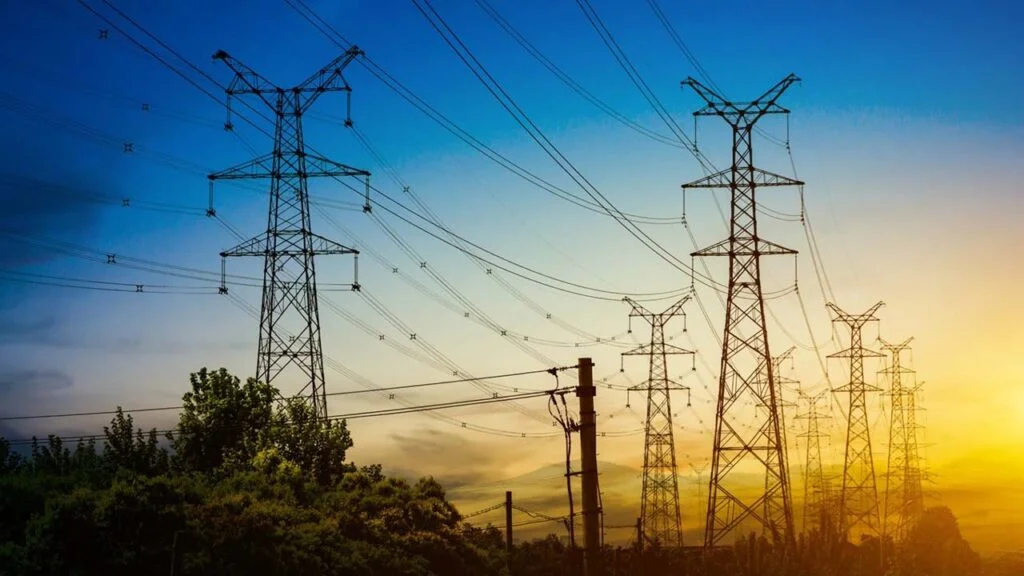- Web
- Feb 05, 2026
PIA privatisation on the backburner as government prioritises power sector reform
-

- Web Desk Karachi
- Feb 18, 2025

ISLAMABAD: The government, after a failed attempt, has shifted the privatisation of Pakistan International Airlines (PIA) to the second phase, and will now focus on the sale of power distribution companies (Discos), despite concerns about readiness.
This decision was communicated to a World Bank executive directors’ delegation visiting Pakistan to discuss economic reforms, including the privatisation agenda, following the Country Framework Programme (CPF) finalised last month, which includes roughly $20 billion in indicative assistance, reported Dawn.
The two parties plan to hold implementation workshops to ensure the CPF’s successful launch and completion.
Ahad Khan Cheema, the Minister for Economic Affairs, informed the World Bank delegation that in the first phase, the government is focusing on the privatisation of power distribution companies (Discos), and in the second phase, Pakistan International Airlines (PIA) and other SOEs will follow.
The government’s previous attempt to privatise the national airline, PIA, was unsuccessful, causing the process to be cancelled and setting back the privatisation agenda. The government has since been working on a renewed approach to selling PIA.
Tax exemptions to IPPs, corruption cost power sector billions
The World Bank delegation, consisting of five executive directors and four alternate executive directors, has raised questions about the privatisation of Discos. They have inquired whether issues such as significant circular debt and the complex structure of these companies would create challenges, along with the overall government strategy for state-owned enterprises (SOEs) that consume public funds.
Cheema outlined the government’s privatization priorities, explaining that approximately one-third of these SOEs are considered strategic assets. The government aims to privatise the remaining SOEs in phases, targeting the privatisation of up to 50 SOEs over the next 3-4 years.
He further said that high electricity tariffs and technical losses are becoming unsustainable, leading consumers to explore renewable energy options.
He also discussed the critical challenges currently faced by Pakistan’s power sector, including high tariffs for consumers, significant losses in line efficiency, and the ongoing efforts to achieve full cost recovery for the sector and acknowledged the importance to focus on renewable energy and reducing line losses as key components of Pakistan’s energy strategy.
The minister expressed appreciation for the World Bank delegation’s visit, the third in a short period, which he interpreted as a sign of the World Bank’s confidence in the government’s ongoing economic reform efforts.
The World Bank delegation seeks to enhance their understanding of Pakistan’s economic, political, social, and governance environment and to identify opportunities for future development support under the newly launched CPF 2026-2035.




